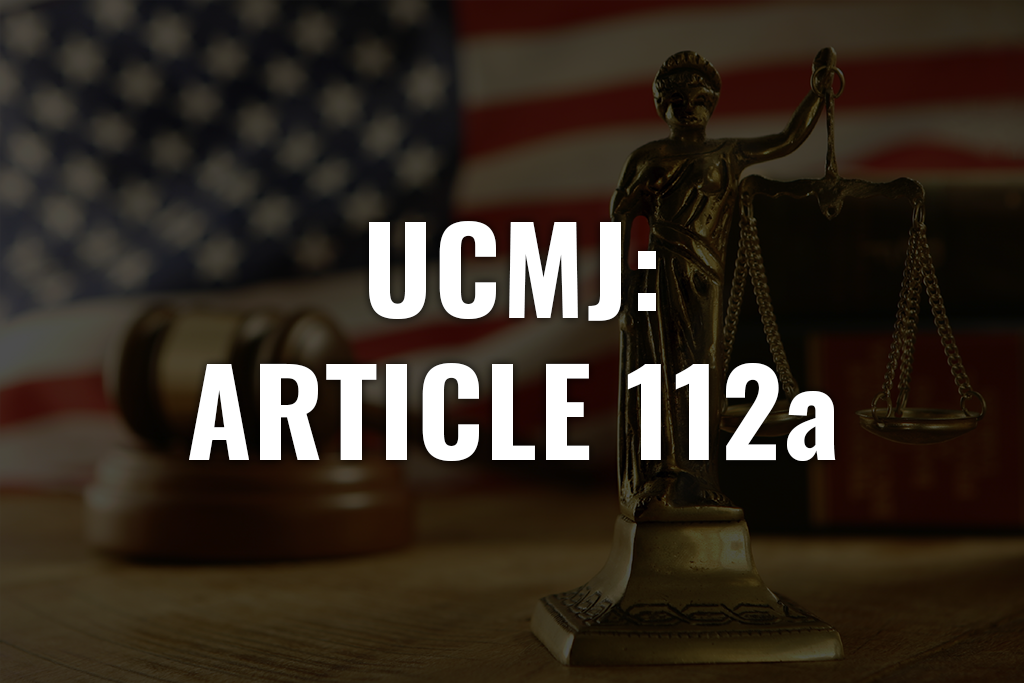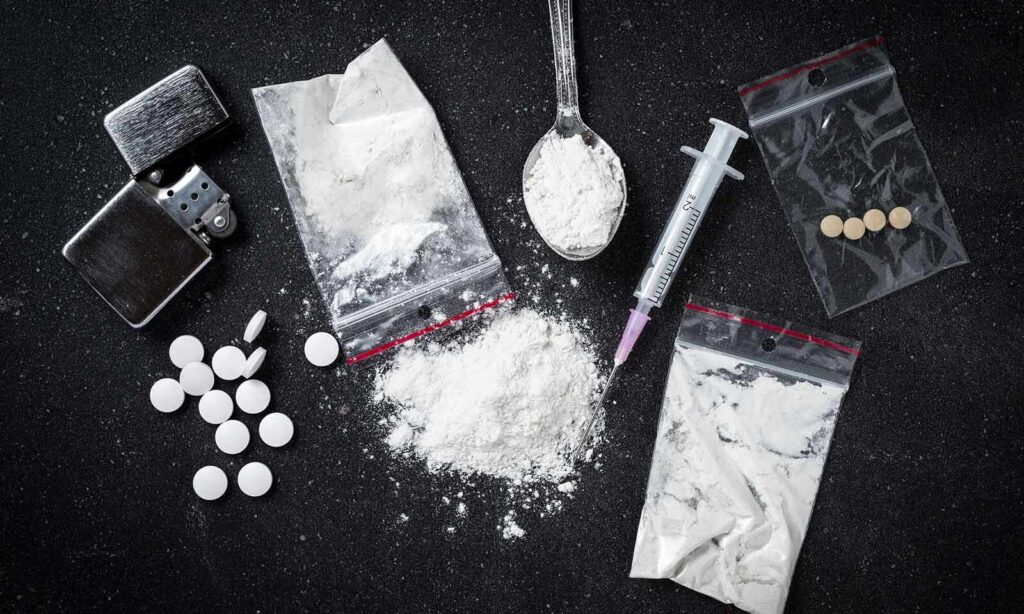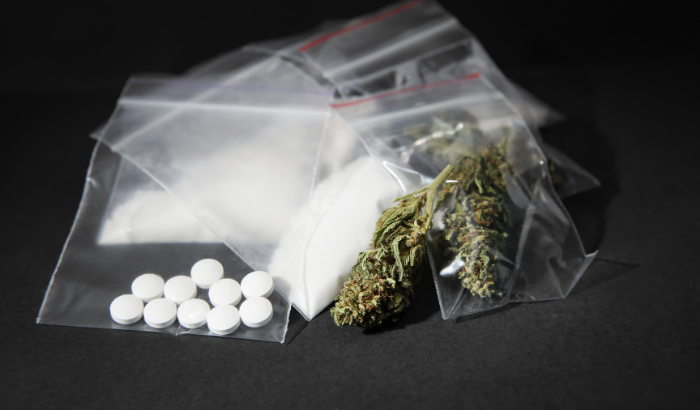Military Lawyer for Possession of Drugs with Intent to Distribute – Article 112a
At Bilecki Law Group, We believe every service member has earned their right to an aggressive defense on their day in court. We specialize in taking the fight to the prosecution and winning cases that others said were unwinnable.
Home Possession of Drugs with Intent to Distribute
Wrongful Possession of Drugs – With Intent to Distribute Under Article 112a, UCMJ
Under Article 112a of the Uniform Code of Military Justice, a person commits wrongful possession of drugs or wrongful possession with the intent to distribute, the prosecution must prove beyond a reasonable doubt that you possessed a certain quantity of a controlled substance. That you knew you possessed the substance. That you knew that the substance you possessed was of a contraband nature. Finally, the government must prove that your possession of the substance was wrongful. If the prosecution is alleged intent to distribute, then they must also prove that your possession was with the intent to distribute.
Definitions and Defenses Under Article 112a, UCMJ
Possession of a controlled substance is wrongful if it is without legal justification or authorization. Possession of a controlled substance is not wrongful if such act or acts are done pursuant to legitimate law enforcement activities (for example, an informant who receives drugs as part of an undercover operation is not in wrongful possession) or done by authorized personnel in the performance of medical duties. Possession of a controlled substance may be inferred to be wrongful in the absence of evidence to the contrary.

Intent To Distribute Under Article 112a, UCMJ
Deliberate Avoidance Under Article 112a, UMCJ

- You did not know for sure that the substance was not of a contraband nature and that you did not know for sure that the substance was not located in your possession.
- You were aware that there was a high probability that the substance was of a contraband nature and that it was in your possession; and
- You deliberately and consciously tried to avoid learning that, in fact, the substance was of a contraband nature and that it was in your possession.
Exceptions to Wrongfulness under Article 112a, UCMJ

Maximum Punishment For Possession of Drugs
- (a) Amphetamine, cocaine, heroin, lysergic acid diethylamide, marijuana (except possession of less than 30 grams of marijuana), methamphetamine, opium, phencyclidine, secobarbital, and Schedule I, II, and III controlled substances: Dishonorable Discharge, Total Forfeitures, 5 Years Confinement, Reduction to E-1.
- (b) Marijuana (possession of less than 30 grams), phenobarbital, and Schedule IV and V controlled substances: Dishonorable Discharge, Total Forfeitures, 2 Years Confinement, Reduction to E-1.
Possession With Intent To Distribute
- (a) Amphetamine, cocaine, heroin, lysergic acid diethylamide, marijuana, methamphetamine, opium, phencyclidine, secobarbital, and Schedule I, II, and III controlled substances: Dishonorable Discharge, Total Forfeitures, 15 Years Confinement, Reduction to E-1.
- (b) Phenobarbital and Schedule IV and V controlled substances: Dishonorable Discharge, Total Forfeitures, 10 Years Confinement, Reduction to E-1.
- (c) When aggravating circumstances are alleged: Increase the maximum confinement by 5 years.
Drug Suppression Team Sting Operations

- Ignoring the situation allows law enforcement to continue to build their case against you. Given the military’s zero tolerance policy on drugs, expect any case involving intent to distribute to become a high priority for the prosecution.
- The undercover operation itself may be illegal or the agents may have used illegal tactics. This may be particularly true in the search and seizure of physical and digital forensic evidence.
- The buddies who you think will remain quiet will likely be offered sweetheart immunity deals to testify against you at trial. If you think they won’t turn on you to save their own skins, you are in for a terrible wake-up call.
- Snitch testimony is inherently unreliable. If confidential informants are going to testify against you at trial under a grant of immunity or deal for leniency, they need to have their true motivations exposed and their credibility shaken. If you can’t trust the messenger, you can’t trust the message. This is particularly true at trial.
- Hiring a military defense attorney late in the process or relying on an inexperienced attorney from the JAG Corps limits your options. You may be backed into a corner where your options are a plea deal or significant prison time
